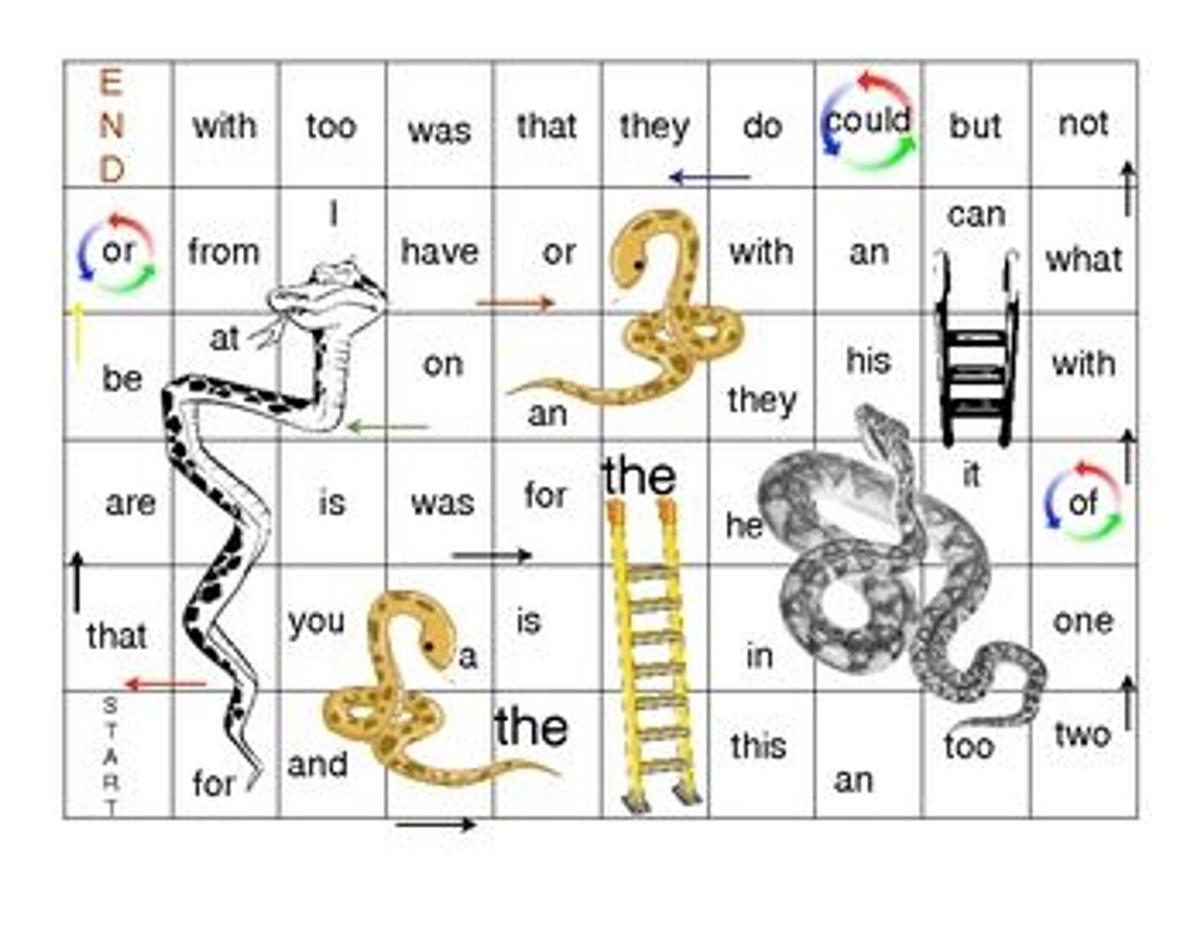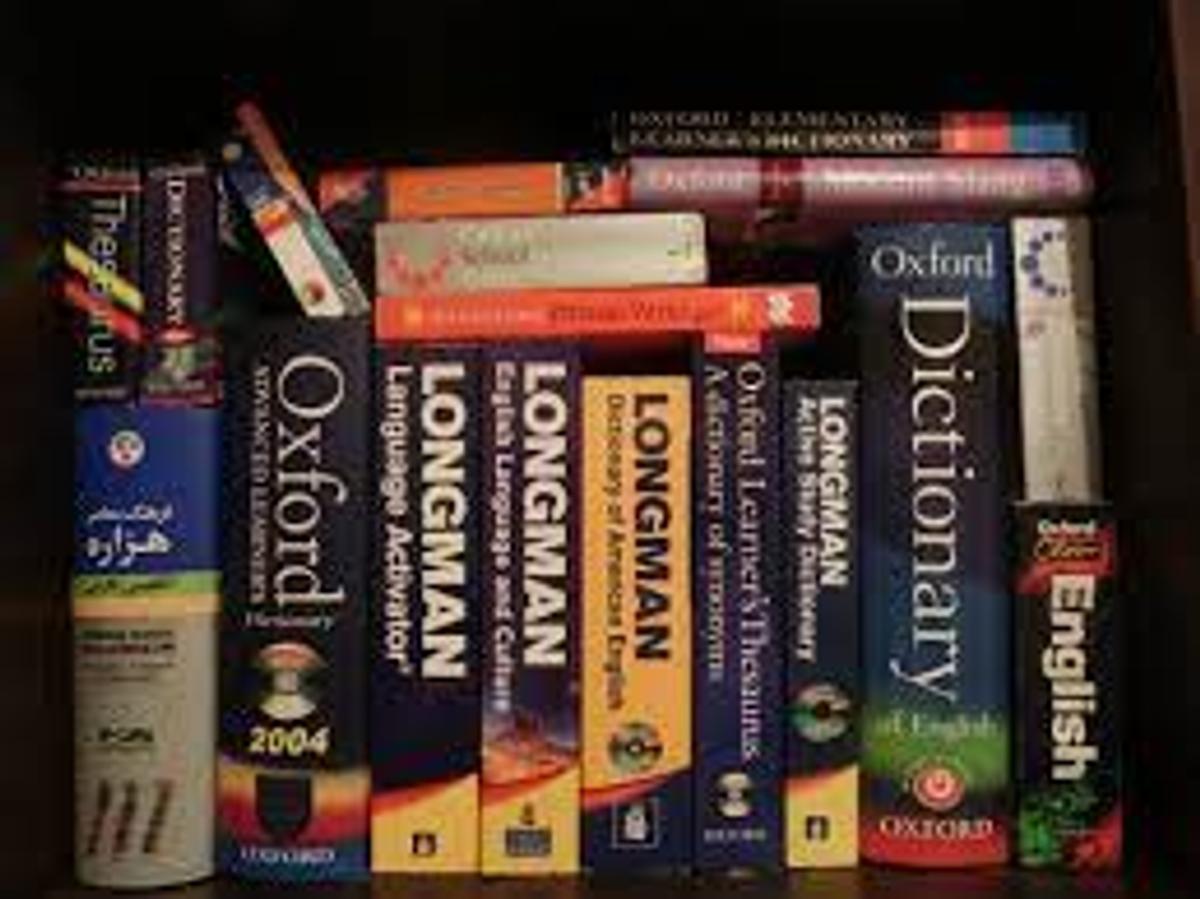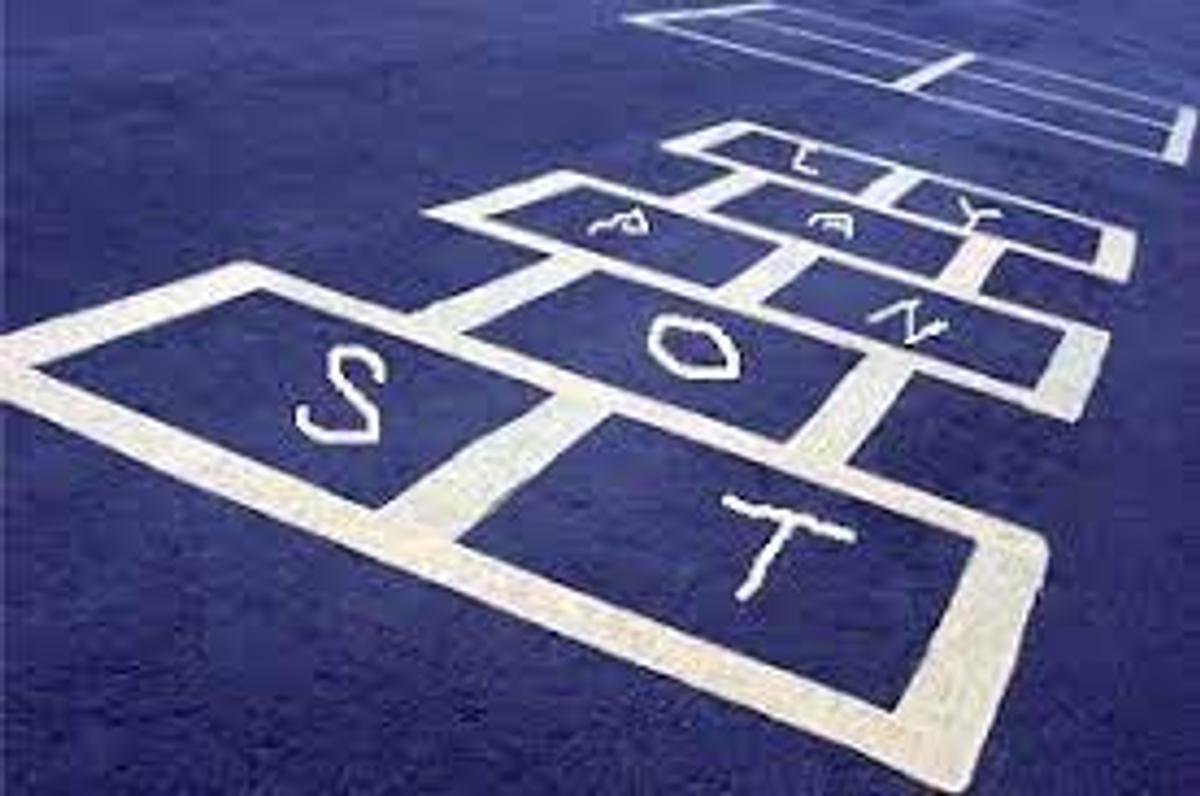Literacy
Melanie Pizzonia

Literacy
Melanie Pizzonia
Focusing on reading in young children from an early age is important and has a range of advantages in a variety of different contexts:
Here’s a twist on your child’s favourite game, by replacing the numbers with easy words.
What You Need:


How To Play:
You can purchase a special board of this variation, too. Or else, you can use a pen and write simple words that your child can read on all the 100 squares of the board. Play the game just the way you’d play on any other day. Your child can count the squares and say the words aloud as he passes them. By referencing different areas of the board, your child can learn to scan the words by visual identification.
This game requires larger participation from your end, but it directly helps the child comprehend complex questions easily.
What You Need:


How To Play:
Either use a dictionary directly or write various words on flashcards and put them all in a bucket. Let your child pick out a word and tell you the number of letters in it. You now end up asking him questions that can be answered either in a “yes” or a “no”. Ask questions such as “does the word have vowels” or “is it an animal” so that your child also has some thinking to do at his end, before he answers your question.
This game is best enjoyed in a group of children where everybody can work together to achieve a singular objective.


What You Need:
How To Play:
Make around four hopscotch maps in an open area, with each of them having seven letters in them. Each child is responsible for the letters in his hopscotch map. Now, when you pick a word, the children have to work together in hopping to the letters in the word in sequential order. For example, if the word is “apple”, the kid with “a” on his map needs to hop there first, followed by the kid with “p” who needs to hop twice, and so on. This can get quite exciting, and you can set a time limit as well to ramp up the drama.
"PETAA Paper explores the many reasons for involving parents and examines effective ways to promote sustained involvement. Collaborating and uniting with parents to support the literacy success of all children is our best option for reducing literacy failure. Research indicates that educating parents about literacy learning and providing them with some effective strategies results in improved literacy outcomes."
Dr. Kaye Lowe